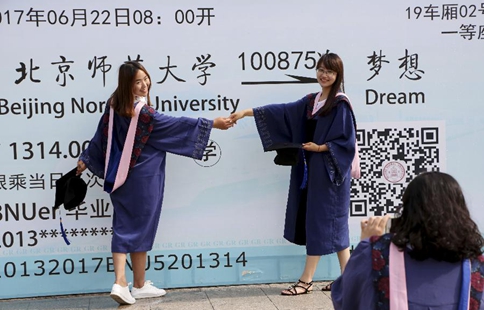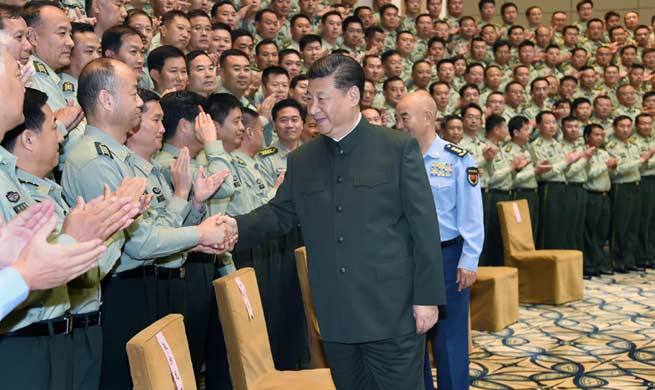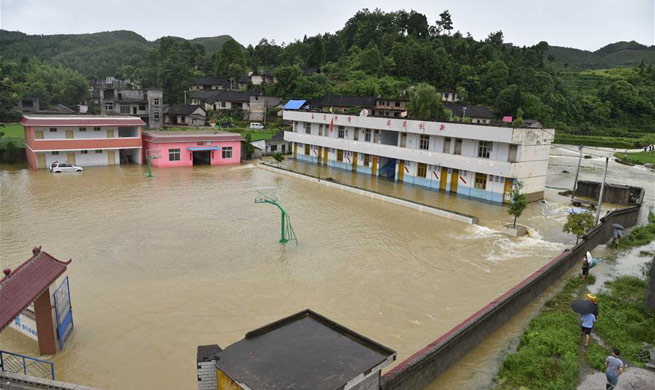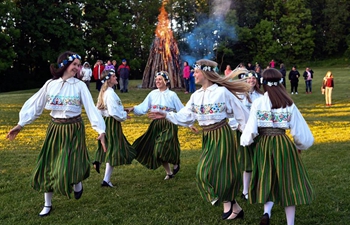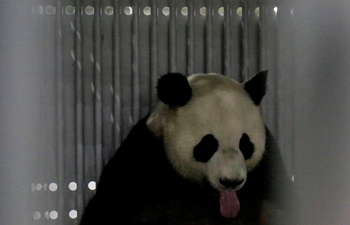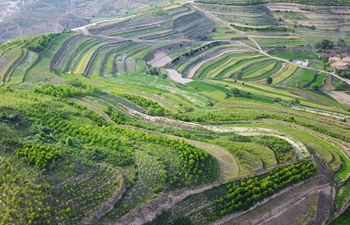PHNOM PENH, June 25 (Xinhua) -- The ruling Cambodian People's Party (CPP) and the opposition Cambodia National Rescue Party (CNRP) on Sunday accepted the official results of the commune elections on June 4.
"The CPP solemnly announces that the party accepts the official results of the fourth commune elections, which were issued by the National Election Committee (NEC) on June 25, 2017," said a party's statement.
It added that the CPP's victory in the commune elections showed that the government's policy implementation and reform programs were "right" and provided real advantages to the people.
The statement said based on the results, the CPP, led by Prime Minister Samdech Techo Hun Sen, will continue to win in the national elections in July 2018.
The commune elections were held to elect 1,646 commune chiefs and 9,926 commune councilors for the kingdom's 1,646 communes. Twelve political parties contested in the elections, with the CPP and the CNRP being the major contestants.
The official results said that the CPP swept 1,156 commune chief seats against 489 seats for the CNRP and one seat for the Khmer National United Party.
For the commune councilor seats, the CPP received 5,347, the CNRP got 4,518, the royalist Funcinpec Party earned 28, the Khmer National United Party got 23, the Grassroots Democracy Party gained five, the League for Democracy Party earned four, and the Beehive Social Democracy Party got one, said the results.
According to the results, the CPP received 3,540,056 votes, or 50.76 percent of the total votes, and the CNRP got 3,056,824 votes, or 43.83 percent.
Speaking to his supporters in southeastern Prey Veng province on Sunday, CNRP's president Kem Sokha recognized the results, saying that the CNRP's votes in the June 4 commune election went up remarkably from only 30.7 percent in the last commune elections five years ago.
The commune polls are seen as a test for the popularity of political parties ahead of the national elections in July 2018.






